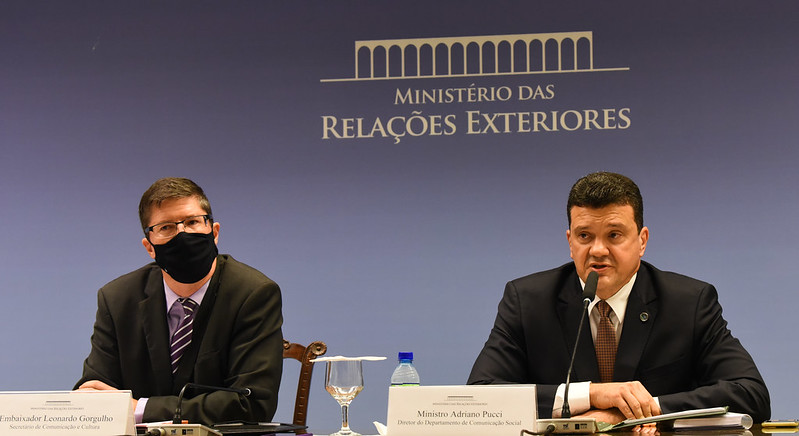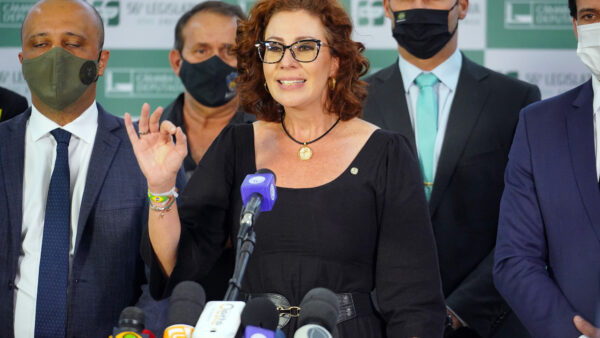Hours after publishing a lukewarm statement that failed to condemn Russia for invading Ukraine, Brazil’s Foreign Affairs Ministry reaffirmed its neutrality in the conflict. Adriano Pucci, the ministry’s communications director, said “Brazil will not contribute to beating the drums of war.”
“The more the situation degrades, the more reason there is for dialogue,” Mr. Pucci said.
The Brazilian Report questioned whether Brazilian diplomacy is concerned about Brazil being — alongside Honduras and Bolivia — one of the sole Latin American countries to issue a statement on the Russian invasion without taking a stance to condemn Moscow. Venezuela, Nicaragua, and Cuba — which have closer ties to Russia than any other country in the region — supported Russia.
“It’s not about being on the side of the majority, but rather it is about being right in the long term,” Mr. Pucci responded. The official also said Brazil’s non-committal stance is due to its process to join the OECD, a club of rich countries. Most members of the organization, however, had more incisive words to say about Russian President Vladimir Putin.
The Brazilian Embassy in Ukraine remains open and announced it will take action in the coming days to help remove Brazilian nationals still in the country. Only today, after the invasion had started, did the embassy recommend the 500 Brazilian residents in Ukraine to leave. The government doesn’t know how many remain in the country.
The Foreign Affairs Ministry is expected to organize a land exit — but has not zeroed in on a date. Brazilian Ambassador Leonardo Gorgulho said negotiations are in place for the formation of a humanitarian corridor for civilians to flee conflict areas.
The Brazilian Embassy started to re-enroll residents in Ukraine at the beginning of the crisis with Russia — a list with roughly 160 names so far. Most live in Kyiv or Odessa and are athletes, IT professionals, religious missionaries, students, and autonomous workers.


 Search
Search






































